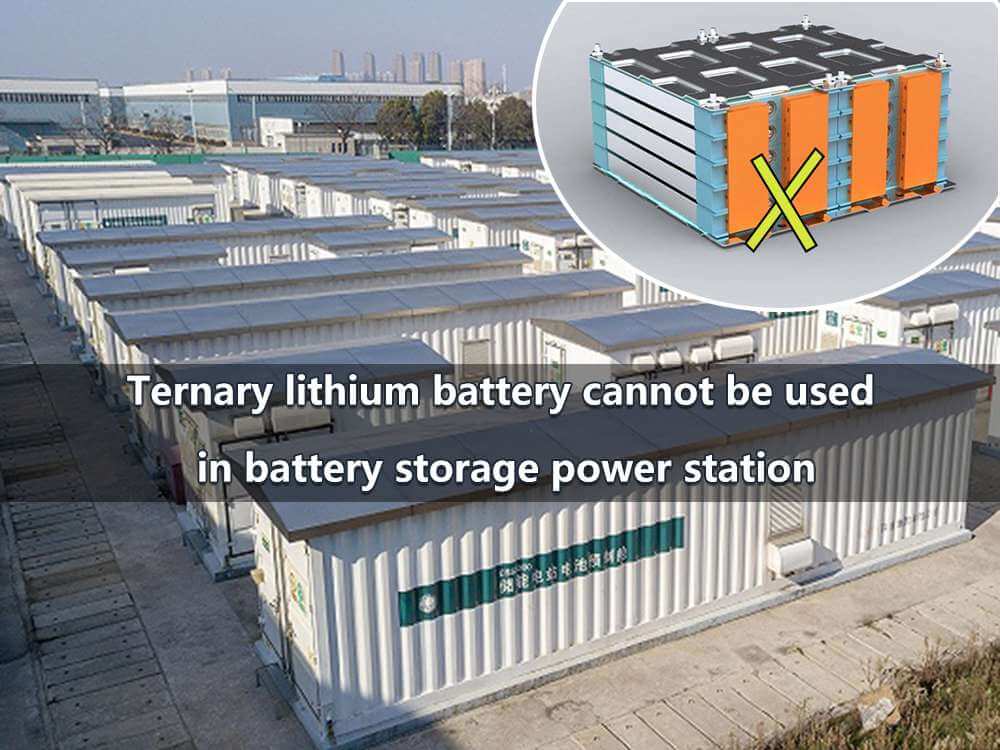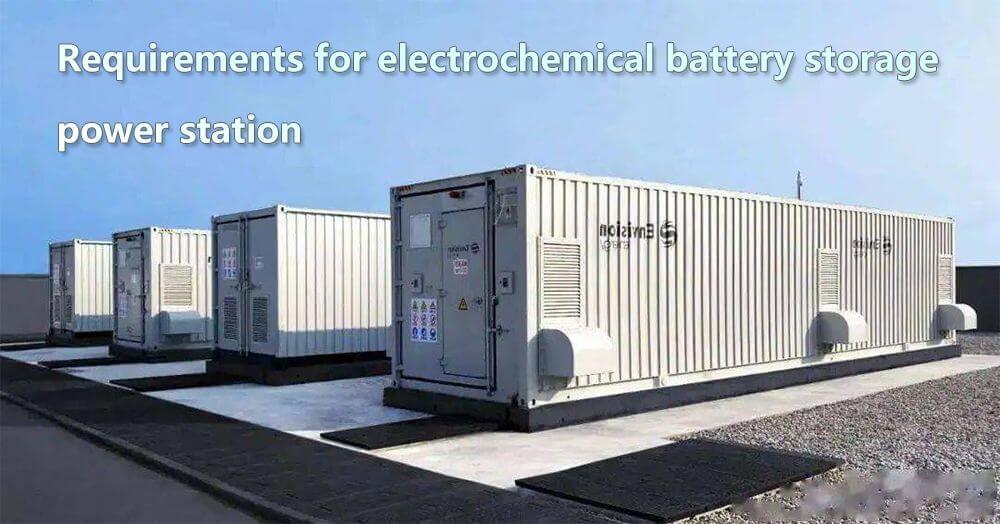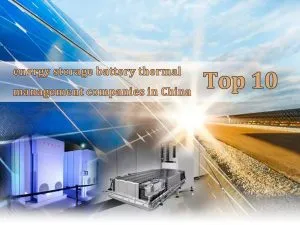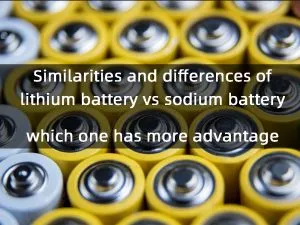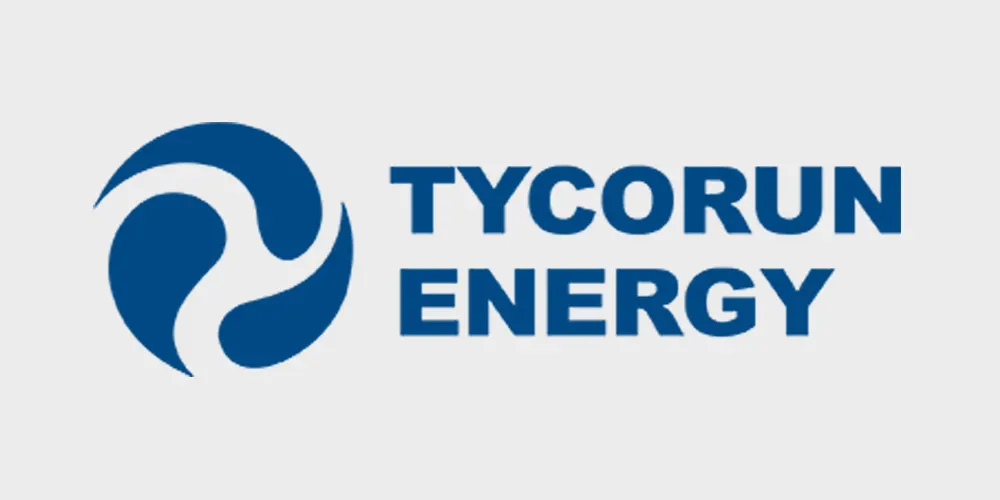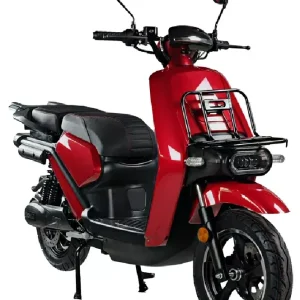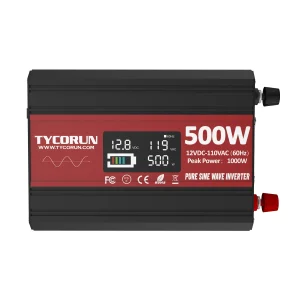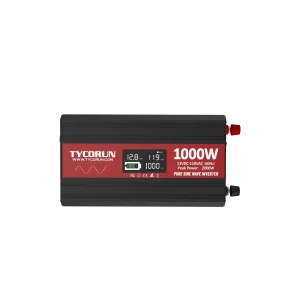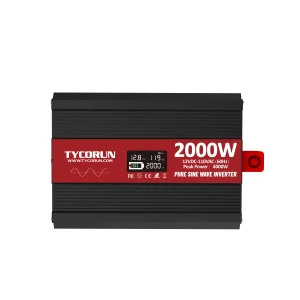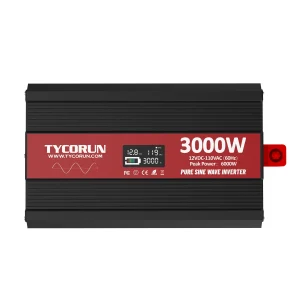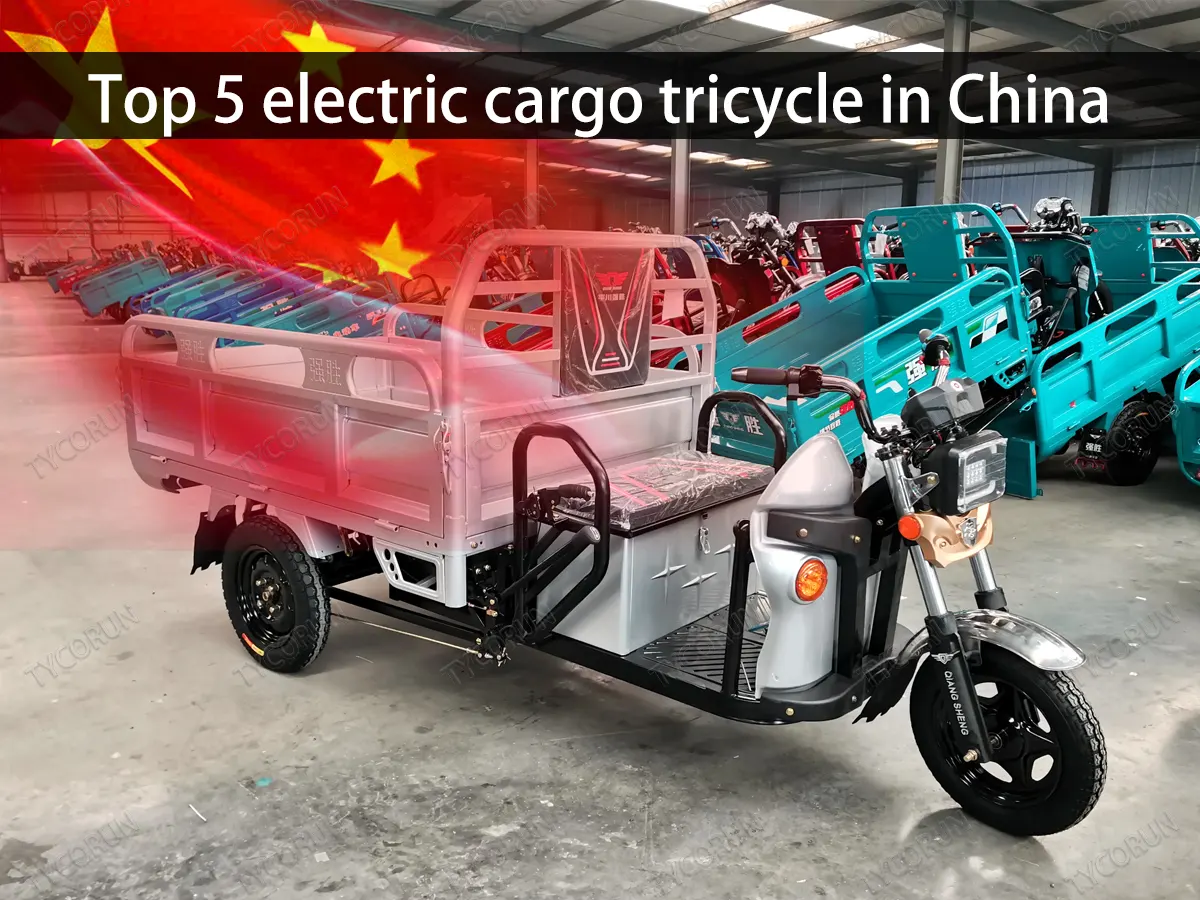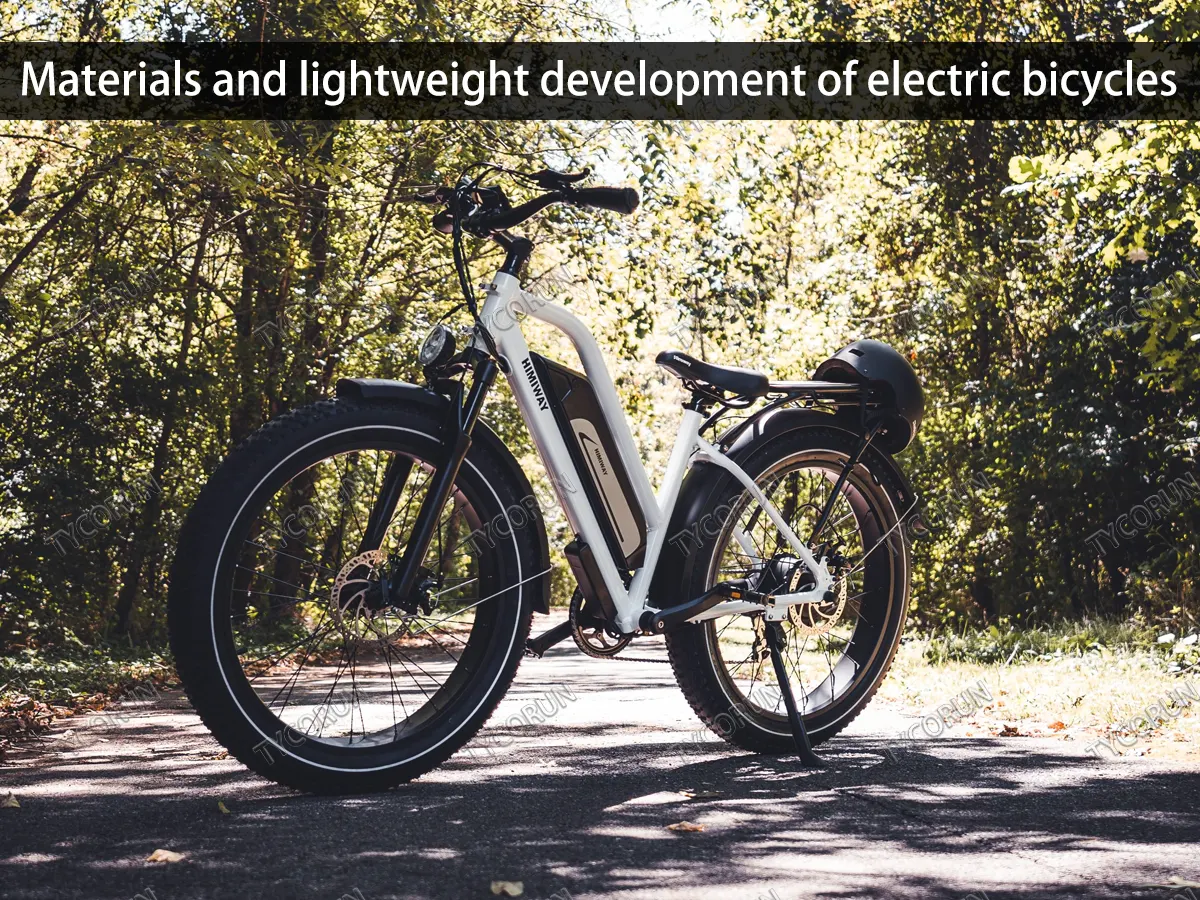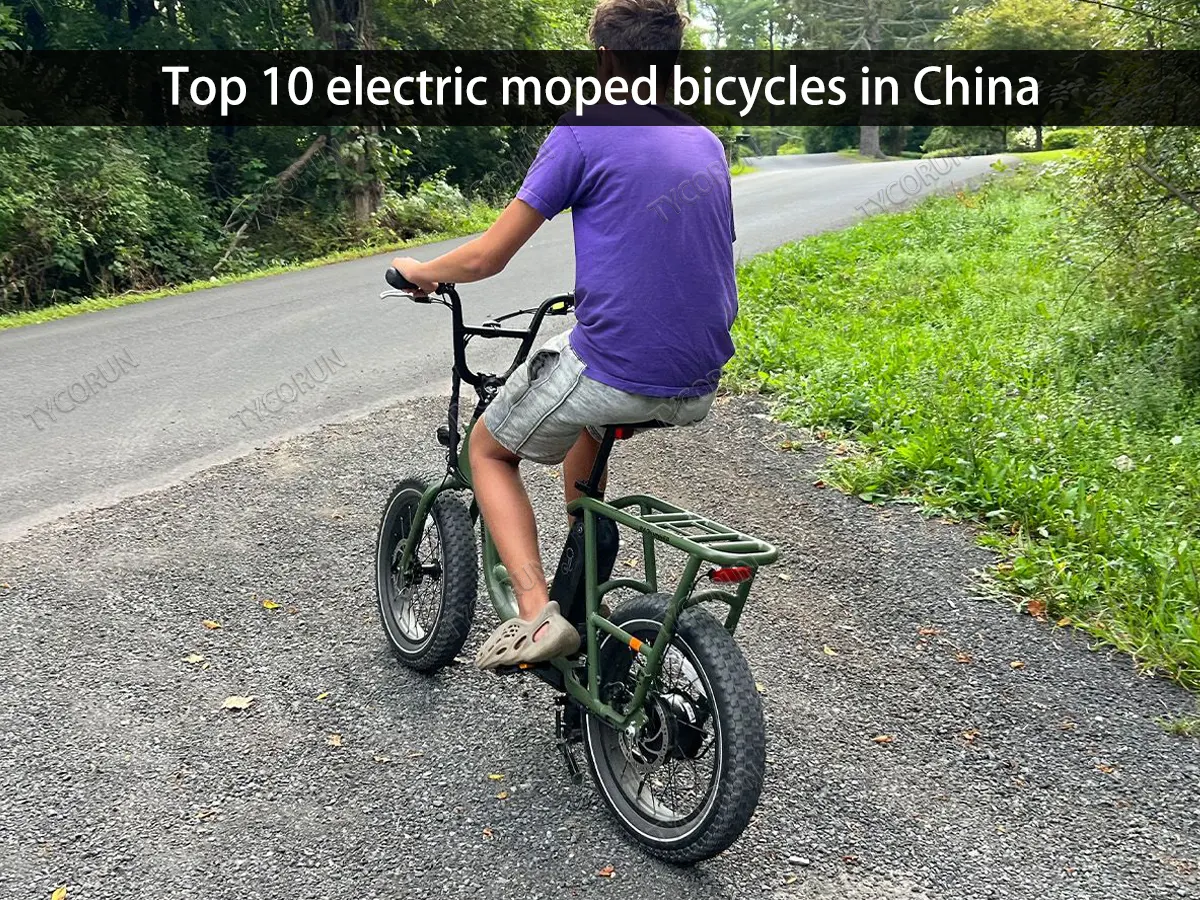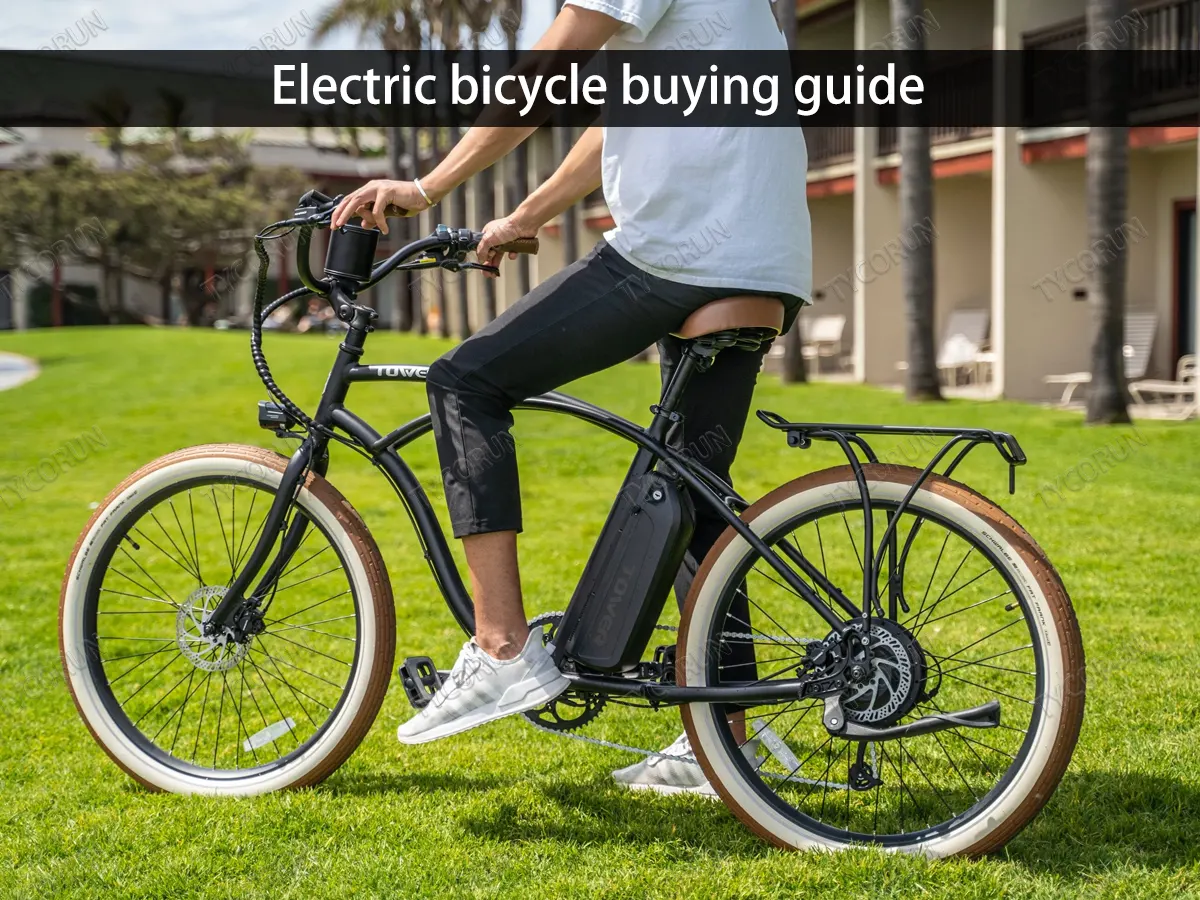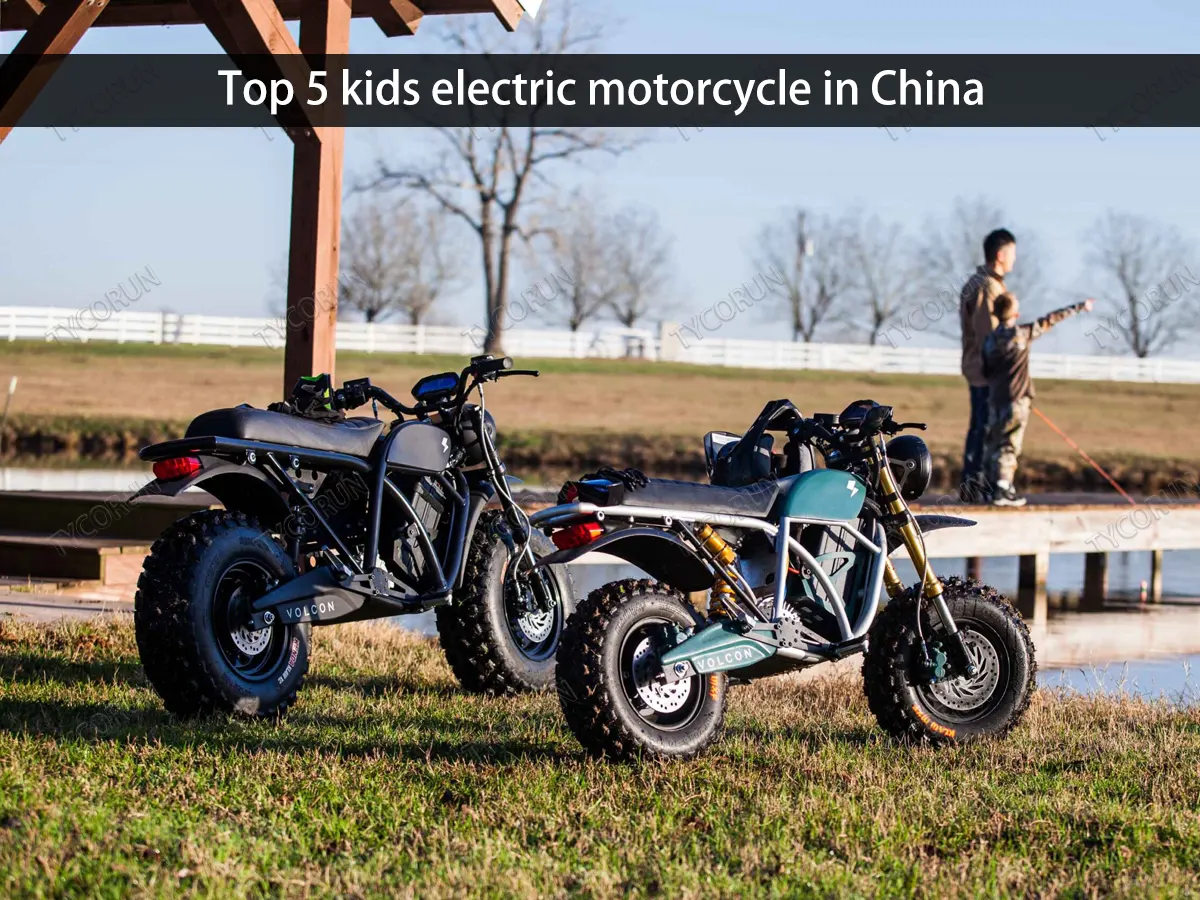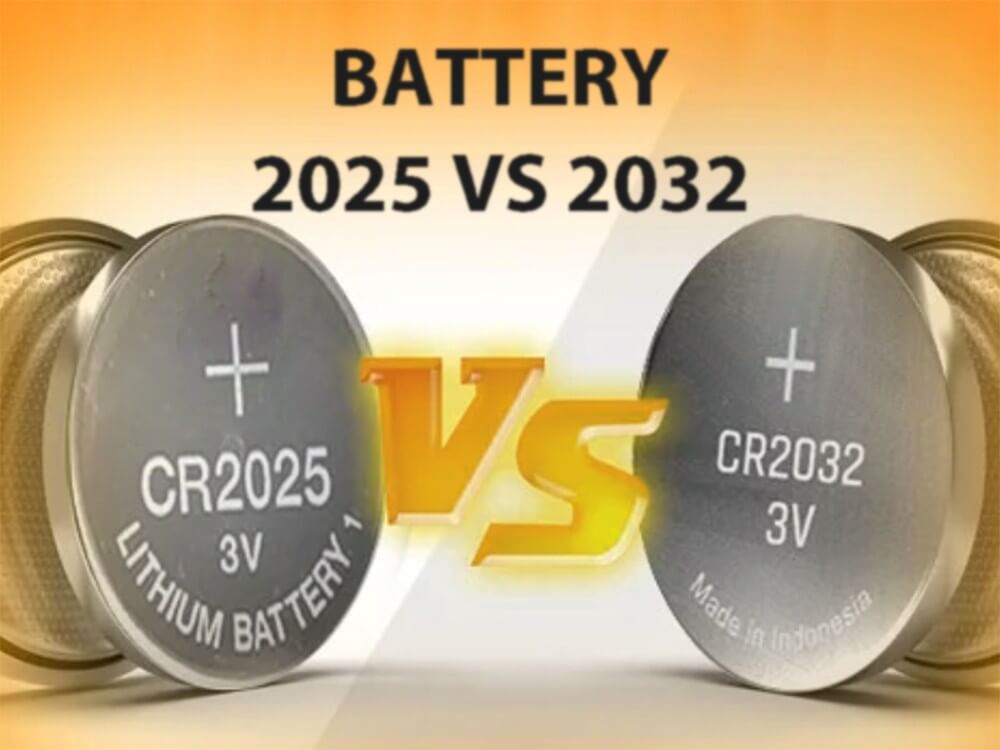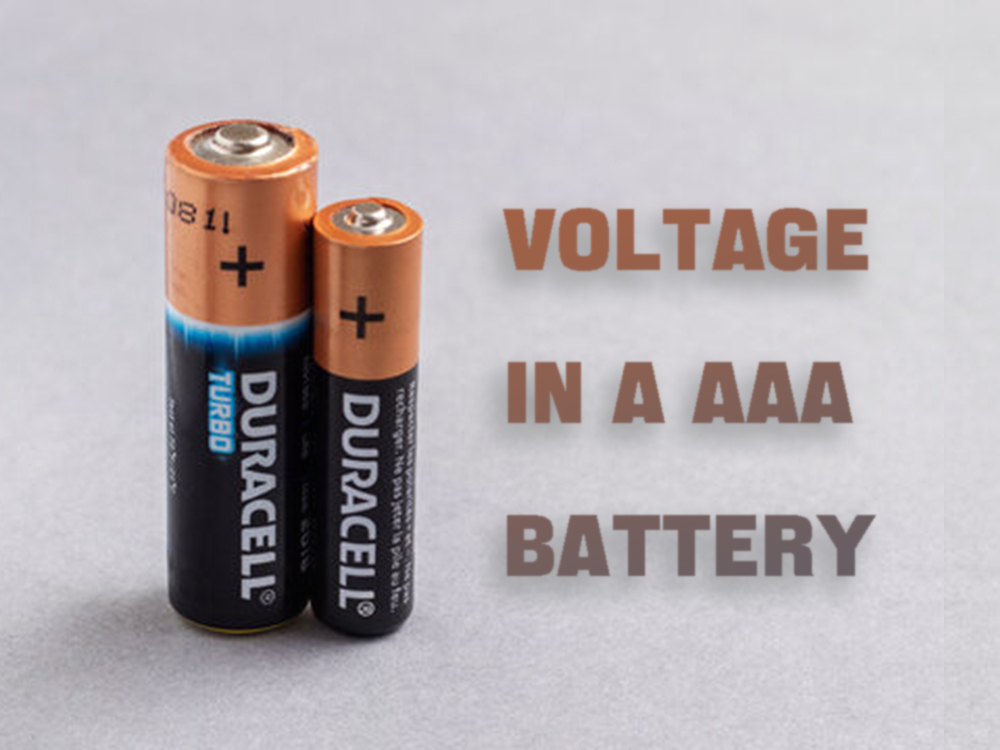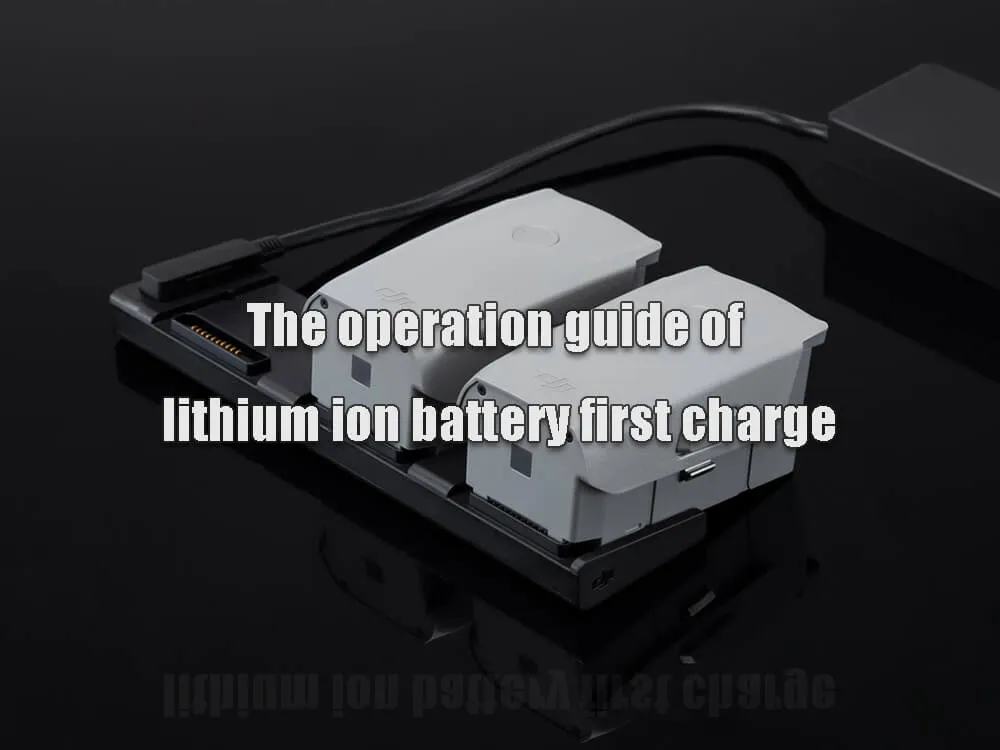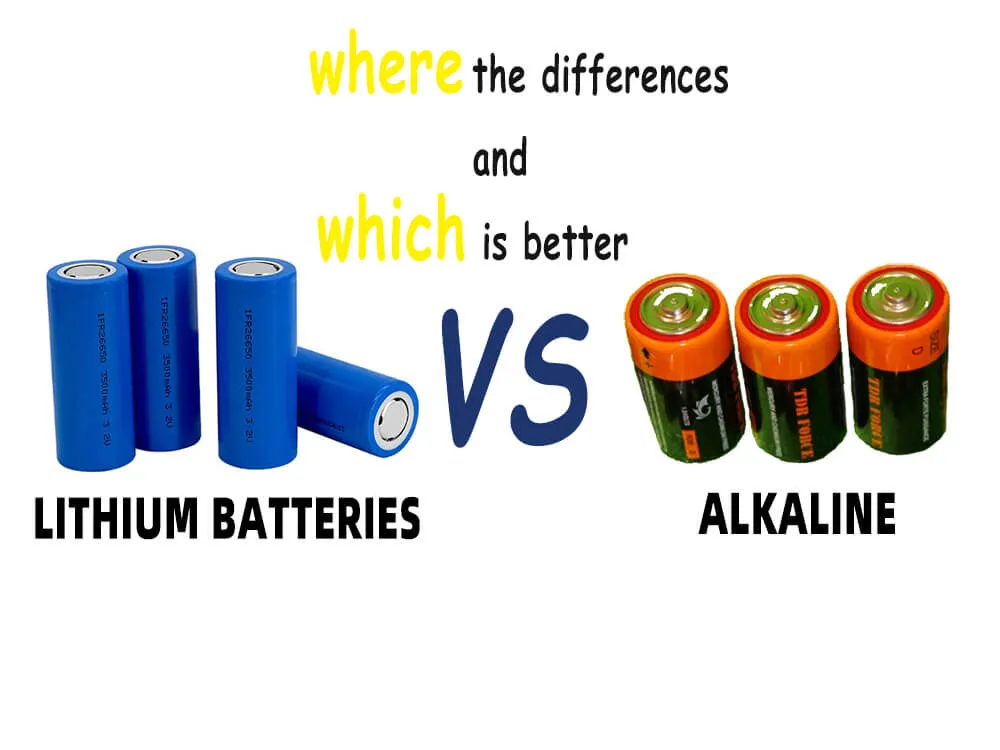Ternary lithium battery cannot be used in battery storage power station
On June 29, the official website of China’s National Energy Administration released relevant documents to prevent power production accidents.
According to the document, in order to effectively supervise power safety and effectively prevent power production accidents, the National Energy Administration of China has organized relevant units and experts in the power industry.

Summarizing the successful experience in preventing power production accidents from 2014 to the present, drawing lessons from accidents, and combining with the promulgated standards and specifications, 25 key requirements documents for preventing power production accidents are issued.
The key point is: the relevant requirements of the document mention that “ternary lithium battery and sodium-sulfur battery shall not be used in medium and large electrochemical battery storage power station, and cascade utilization power batteries shall not be used;When selecting cascade utilization power batteries, consistency screening should be carried out and safety assessment should be carried out in combination with traceability data. “
Requirements for electrochemical battery storage power station
1. The site of the electrochemical battery storage power station should not be adjacent to or set up in the place where flammable and explosive dangerous goods are produced, stored or operated, should not be set up in the place with dust and corrosive gas, and should not be set up in the important power facilities within the protected area.
2. Lithium-ion battery equipment rooms shall not be set up in crowded places, and shall not be set up in buildings or underground spaces where people live or move. The lithium-ion battery equipment room should be arranged in a single layer, and a prefabricated cabin should be used.
In the station-type lithium-ion battery equipment room, the battery capacity of a single fire compartment should not exceed 6MW·h; when it exceeds 6MW·h, a fixed automatic fire extinguishing system should be installed indoors, and the fire extinguishing effect and technical parameters of the system should comply with the provisions of point 6 of this requirements.
3. The circuit of the energy storage battery unit should be equipped with a DC circuit breaker and other disconnecting equipment, and the battery cluster should be equipped with a cluster-level circuit breaker. The battery management system should have power protection functions such as overvoltage, undervoltage, differential pressure, and overcurrent, and non-power protection functions such as overtemperature, temperature difference, and gas, and can issue graded alarm signals or trip commands to achieve local fault isolation.
4. A combustible gas detection device should be installed in the lithium-ion battery equipment room. When the concentration of H2 or CO is greater than 50×10-6 (volume ratio), the cabin-level and cluster-level circuit breakers should be disconnected in linkage, and the ventilation system and alarm device should be activated in linkage.
A combustible gas detection device should be installed in the lead-acid/lead-carbon and flow battery room, and the ventilation system and alarm device should be activated in linkage.
5. The lithium-ion battery equipment room should be equipped with an explosion-proof ventilation system, with at least one air outlet up and down, and the total exhaust air volume per minute should not be less than the volume of the equipment room (it can be calculated based on the clear space after deducting the volume of batteries and other equipment), Reasonably set the position of air inlet and air outlet, and it is strictly forbidden to produce short circuit of air flow. The ventilation system should be in normal operation.
6. An automatic fire alarm system should be set up in the electrical equipment room of the electrochemical battery storage power station. A fixed automatic fire extinguishing system should be installed in the battery equipment room of the new (renovated and expanded) large-scale lithium-ion battery battery storage power station;
The fire extinguishing system should meet the requirements of extinguishing the open fire of the module-level battery and not re-igniting within 24 hours. The technical parameters such as system type, flow rate, pressure, etc. should be verified by the state-authorized institution to implement the module-level battery entity fire simulation test.
7. The equipment rooms, partition walls, battery racks, partitions and other pipeline openings and cable inlets and outlets of the electrochemical battery storage power station should be tightly sealed with fireproof sealing materials. The ventilation openings, holes, doors, cable trenches, etc. of the equipment room (cabin) shall be provided with facilities to prevent the entry of rain, snow, sand and small animals.
8. The operation and maintenance unit of the electrochemical battery storage power station shall formulate operating procedures for fire protection facilities, carry out regular maintenance, and conduct a comprehensive inspection at least once a year to ensure that the fire protection facilities should be in normal working condition.
Before being put into operation, the operation and maintenance unit should prepare emergency plans for possible battery thermal runaway, fire and other emergencies, establish a coordination mechanism with local fire rescue agencies, and conduct regular drills. Operation and maintenance personnel should be qualified for fire protection training before they can take up their posts.
From a market perspective
Ternary lithium batteries are excluded from medium and large battery storage power station, which is not conducive to the development of ternary lithium batteries, because application of lithium battery has always been regarded as a larger market than new energy vehicles in the field of electrochemical energy storage.
On the other side of the seesaw, the lithium iron phosphate battery industry chain and the sodium battery industry chain will develop rapidly with the construction of more and more electrochemical battery storage power station.
From a comparison perspective
In the new energy vehicle market, lithium iron phosphate batteries and ternary lithium batteries have experienced a lot of competition: in the era of large-scale new energy vehicle promotion subsidies, ternary lithium batteries are favored by enterprises due to their higher energy density;
In the era of marketization when subsidies continue to decline, LiFePO4 batteries with higher safety are gradually encroaching on the market share of ternary lithium batteries. Here are related Top 10 lithium iron phosphate power battery manufacturers for reference.
The data shows that in 2021, the installed capacity of power batteries in China is 159.6GWh, of which the installed capacity of lithium iron phosphate batteries is 81.69GWh, accounting for 51.2% of the market, a year-on-year increase of 251.7%, which is 4 times the growth rate of ternary lithium batteries.
From January to May 2022, the cumulative installed capacity of lithium iron phosphate batteries was 49.0GWh, accounting for 58.9%, and the advantage of proportion continued to expand. There is a phenomenon in the market that most companies are choosing the strategy of producing both ternary lithium batteries and lithium iron phosphate batteries.
Whichever of the two technical routes is more popular will not have much impact on related battery companies. For companies that focus on ternary lithium battery materials and lithium iron phosphate battery materials, there will be a big difference.

